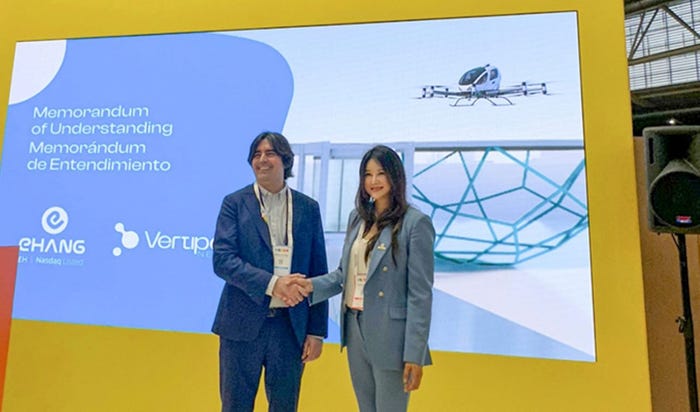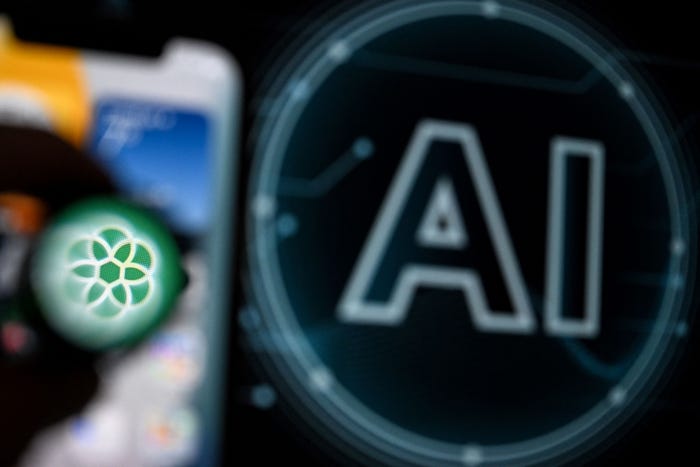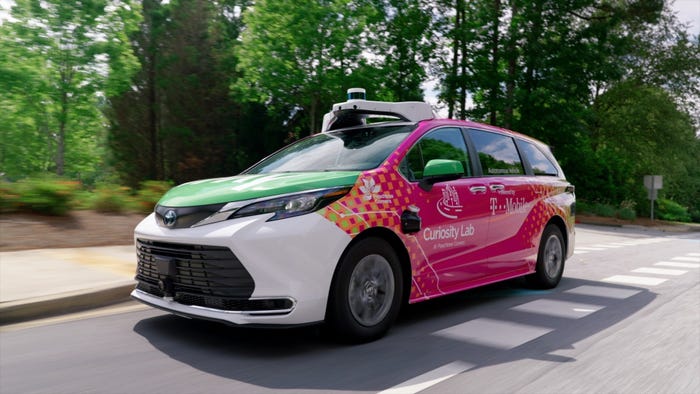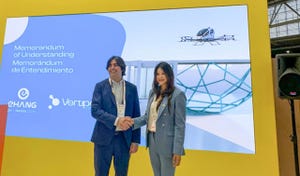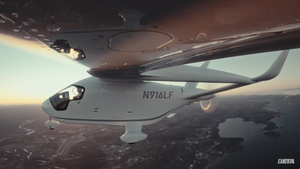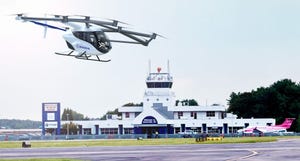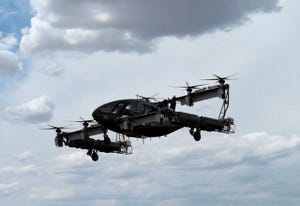Large Hadron Collider Works to Enhance Self-Driving Car Safety
Study focused on how to make deep learning techniques faster, more accurate to see how AVs understand and respond to their environment
.jpeg?width=1280&auto=webp&quality=95&format=jpg&disable=upscale)
The world-renowned Large Hadron Collider (LCH) has been instrumental in a research project that could enhance safety in autonomous vehicles.
The three-year study was a tie-up between Zenseact, the self-driving software division of the Swedish automaker Volvo, and CERN, or the European Council for Nuclear Research (Conseil Européen pour la Recherche Nucléaire), which runs the LCH in Switzerland.
Zenseact and CERN focused on researching machine-learning models that would help self-driving cars make better, quicker decisions, and so reduce the likelihood of collisions.
As part of this, CERN’s experience with the LCH proved invaluable. As the world’s largest, most powerful particle accelerator, the LCH produces millions of particle collisions, and it is CERN’s role to immediately capture data from these ‘crashes’ and provide analysis.
The particle fragments are, of course, incredibly small and exist for only a tiny period of time, so CERN has developed algorithms that use deep learning to identify and analyze them – and it’s this capability that prompted the collaboration with Zenseact, to investigate how its techniques could be applied to autonomous driving.
They aimed to try to make deep learning techniques faster and more accurate to assist with the “computer vision” of an autonomous vehicle (AV) – how it understands and responds to its environment. Specifically, they wanted to find out how quickly a computer can make sense of what it sees without losing accuracy.
Christoffer Petersson, research lead at Zenseact, explained: “Deep learning has strongly reshaped computer vision in the last decade, and the accuracy of image recognition applications is now at unprecedented levels. But the results of our research show that there’s still room for improvement when it comes to running the deep learning algorithms faster and more energy-efficient on resource-limited on-device hardware. Simply put, machine learning techniques might help drive faster decision-making in autonomous cars.”
On AVs, deep neural networks are used to find patterns and extract relevant information from camera images, such as the precise location of surrounding vehicles and pedestrians. By compressing the neural networks – by using fewer parameters and bits, for example – the algorithms can be executed faster and use less energy.
Zenseact wanted to know if its chosen computer chips, called Field Programmable Gate Arrays (FPGA), could handle complex algorithms. FPGAs require computing resources reduced to a minimum – a potentially challenging problem. But the research showed that computer vision tasks could be performed with high accuracy and short latency even on a processing unit such as the FPGA.
“The project clearly opens up for future directions of research,” added Petersson.
And it’s not just future Volvos that are likely to benefit – the LCH will too.
“Our work together elucidated compression techniques in FPGAs that could also have a significant effect on increasing processing efficiency in the LHC data centers,” said Maurizio Pierini, physicist at CERN.
Zenseact has worked on driver assistance and automated driving tech that will feature on the all-new EX90, an SUV hailed by Volvo CEO Jim Rowan as delivering a safety standard “beyond any Volvo car before.”
About the Author
You May Also Like


